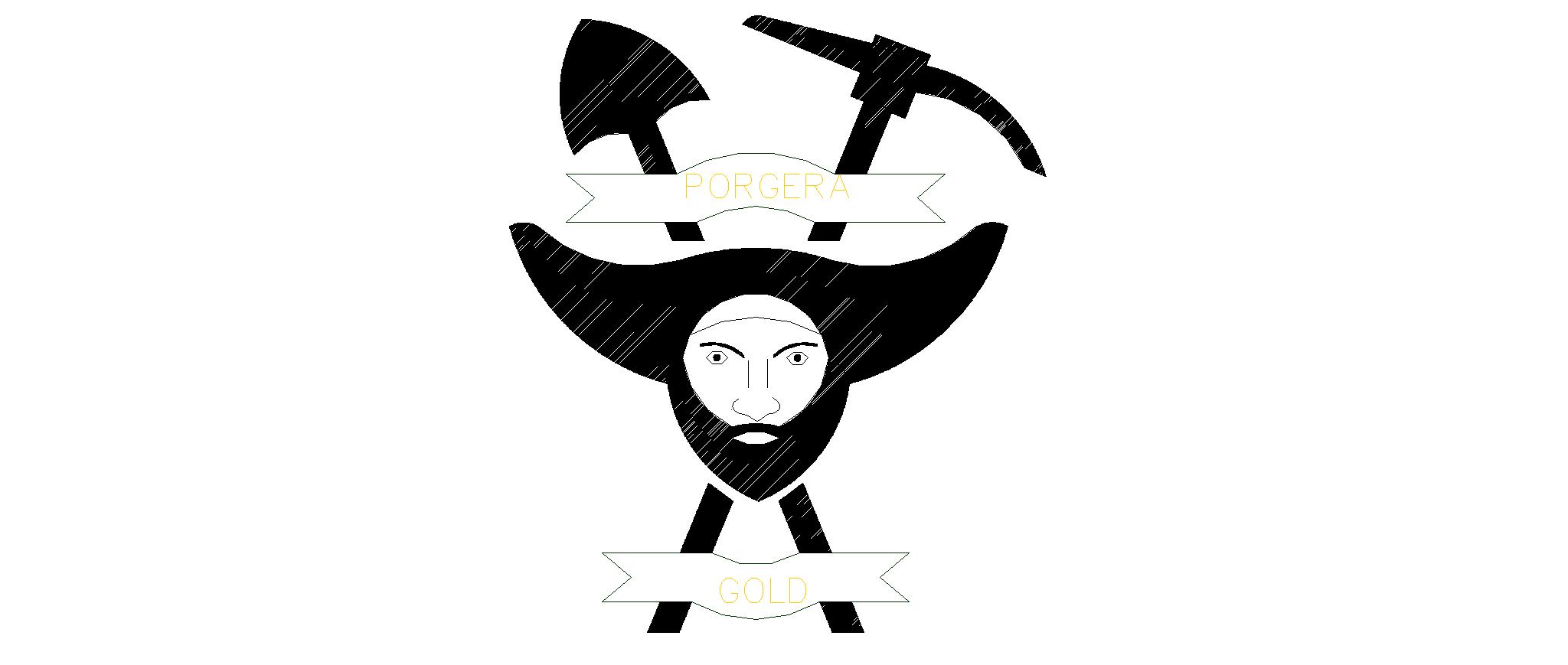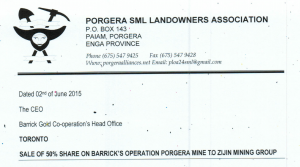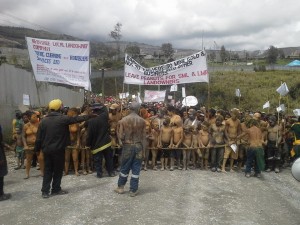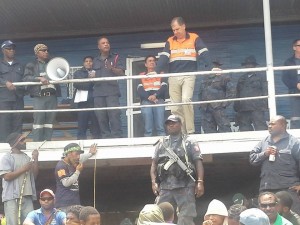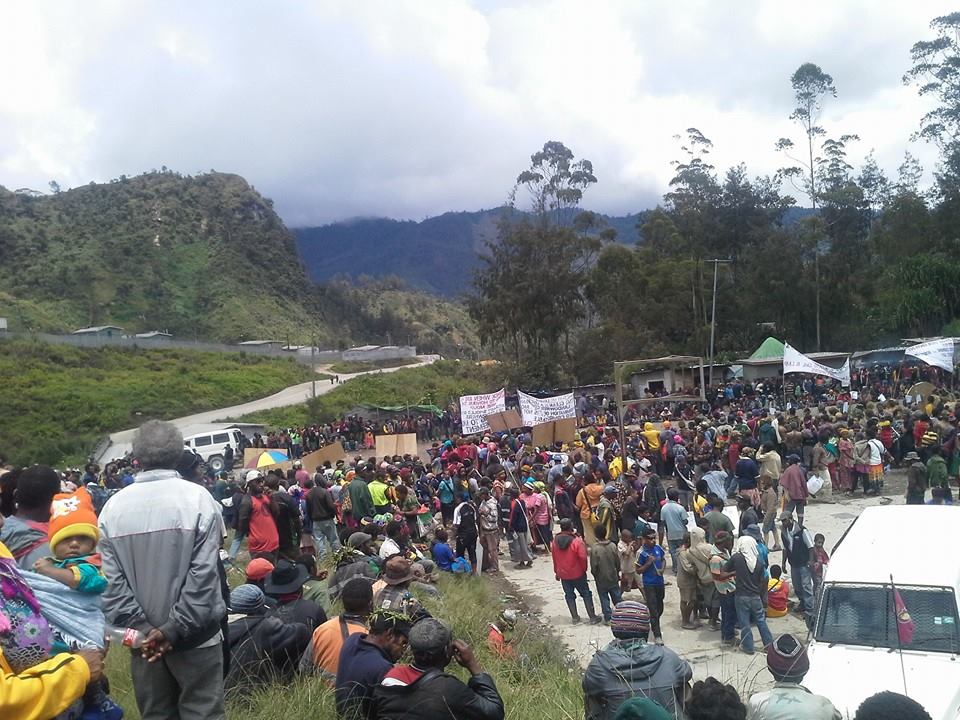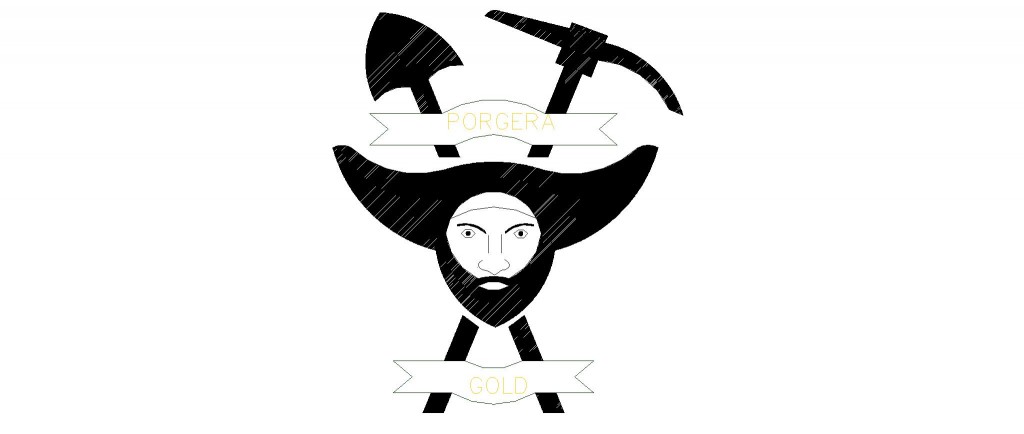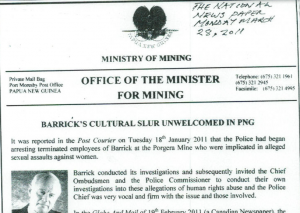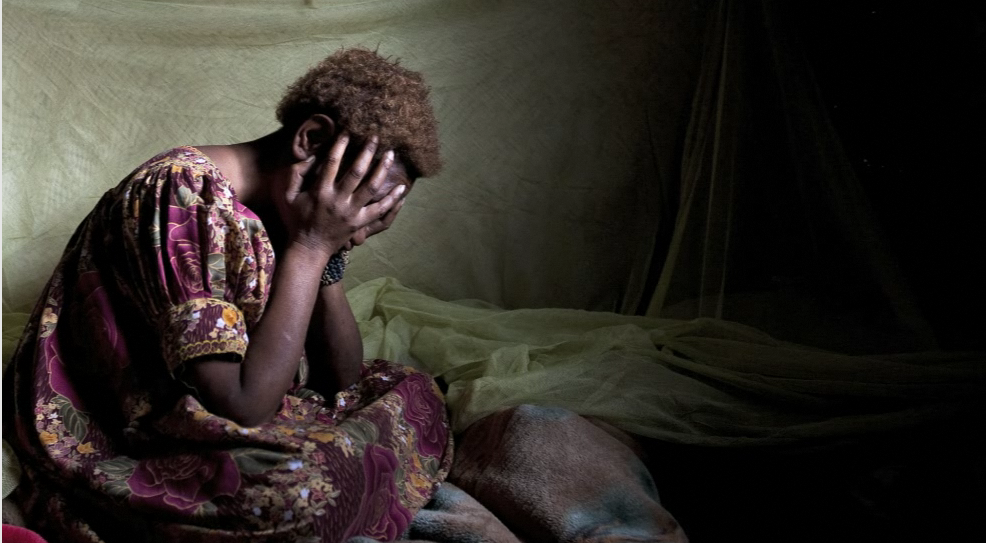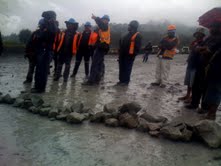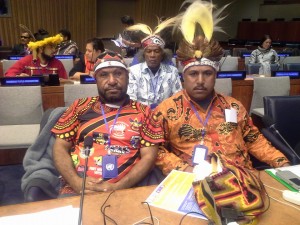
Item 4: Half-day discussion on the Pacific region
21 April 2015
Statement byAkali Tange Association and endorsed by the Pacific Caucus.
We would like to begin our statement in addressing the fact that while we here at the United Nations talk of human rights violations in the context of the pillaging and plundering of resource extraction by businesses, foreign companies and multi-nations and States on Indigenous lands we are deeply aware of the fact that and living the reality that these human rights violations are, in fact, criminal acts being committed against us in and on our own Pacific waters and lands.
From environmental damage, to averting of our food chains, to the importing and planting of unsustainable crops, to food insecurity, the peoples of the Pacific experience cultural genocide at the hands of extractive industries that face little to no legal recourse or actual, on-the-ground human rights or criminal law standards being met. In fact, it is as if the businesses are the ones dictating the law of the lands.
The weakness of State governments in the supporting foreign companies from developed States entering our sacred, traditional, territorial and life-sustaining lands and resources results in the crushing of our Pacific Indigenous peoples, health, lives and well-being to a degree that is cruel and inhumane.
Corruption and lack of political willpower permit businesses to get away with crimes ranging from murder to forced relocation and evictions, rape, organized assaults, torture and other bodily harm to our families, in our homes and through the destruction of and for our resources, alongside restrictions of media access and the labeling of our Indigenous Pacific human rights defenders and allies as criminals and subversives and often ending in their deaths.
UN General Assembly Resolution 1803 (XVII), on Permanent sovereignty over natural resources, has stated that “violation of the rights of peoples and nations to sovereignty over their natural wealth and resources is contrary to the spirit and principles of the Charter of the United Nations and hinders the development of international co-operation and the maintenance of peace.”
However we do not see these words being upheld in our Indigenous Pacific homelands by the very States who have agreed to this and other treaties and legal manifestations including the United Nations, including through the UNDRIP. Violence against our women and men by extractive industries committed by security guards, hired police forces, workmen, and other extractive industries employees is used as a weapon of intimidation by business forces occupying our territories and defiling our Pacific Indigenous peoples”™ self-determination.
The violence against Papua New Guinea and its Indigenous people/s at the minds and hands of Barrick Gold and the mining industry are but one heavy-hearted, all-consuming example of the rape of both Indigenous women and traditional Indigenous territories and relations here on earth by companies manifesting from “˜developed”™ States for the benefit of the development-privileged global north and west. Indigenous landowners victim to extractive industries experience tailings into their river systems and poisoning of the very earth that is needed to sustain Indigenous life and cultures, resulting in environmental violence.
OECD guidelines are not complied with, nor are basic tenants of Human and Indigenous Rights and needs for cultural and human survival such as land security, fresh water and foods and continuation of traditional practices. Businesses are not held accountable for genocide, cultural genocide, war crimes or crimes against humanity in the context of extractive industries, however we the Indigenous Peoples of the pacific experience that we are victims of all of these crimes at the hands of extractive industries in reality. UN Special Representative of the Secretary-General on Sexual Violence in Conflict, Ms. Zainab Hawa Bangura, has stated that “Sexual violence in conflict needs to be treated as the war crime that it is; it can no longer be treated as an unfortunate collateral damage…”, and the UN Security Council has stated that “women and girls are particularly targeted by the use of sexual violence, including as a tactic of war to humiliate, dominate, instill fear in, disperse and/or forcibly relocate civilian members of a community or ethnic group.”
General Comment No. 14 on the International Covenant of Economic, Social and Cultural Rights issued by the ICESCR Committee in 2000 states, Article 12(4) states that “the right to health embraces a wide range of socio-economic factors that promote conditions in which people can lead a healthy life, and extends to the underlying determinants of health, such as…a healthy environment” and “any person or group victim of a violation of the right to health should have access to effective judicial or other appropriate remedies at both national and international levels and should be entitled to adequate reparation. We seek the right to begin to heal from the atrocities committed against us by extractive industries and the States that align with them, however how can we become healed and healthy again, when the atrocities have never ended? For this we reference Articles 24 and 43 of the UNDRIP, as well as the wisdom of our own sacred ways, peoples and lands.
We watch politicians, lawyers and judges from the “˜developed”™ global north who have once championed international criminal law and justice in the highest of world courts and tribunals, such as Gabriel Kirk McDonald, then go on to be paid millions of US dollars or other currencies of “˜developed”™ States to serve as “˜human rights advisors”™ to major extractive industries such as Freeport McMoran, while these same companies then continue to, for years upon years and to this day, rape, murder and pillage and plunder the Indigenous Peoples of the Pacific. Where is our justice? Where are the tribunals giving us back our human and homeland security, lives of our peoples, self-determination and rights to our lands?
We recommend the Special Rapporteur on the Rights of Indigenous Peoples investigate ways and means to clear mechanisms that Indigenous Peoples have full and equal access to and voice in and in which they can hold businesses, multi-nationals and extractive industries accountable for not only human rights violations but also criminal acts in Indigenous lands and against Indigenous Peoples in accordance with International Criminal Law and Customary Law including but not limited to crimes against humanity, war crimes, genocide, cultural genocide, and the breaching, with the collusion of States, of the very legal, moral and ethical foundations of the Charter of the United Nations and the right of Peoples to self-determination. We recommend that the Special Rapporteur on the Rights of Indigenous Peoples coordinate with other Special Rapporteurs to undergo this investigation.
